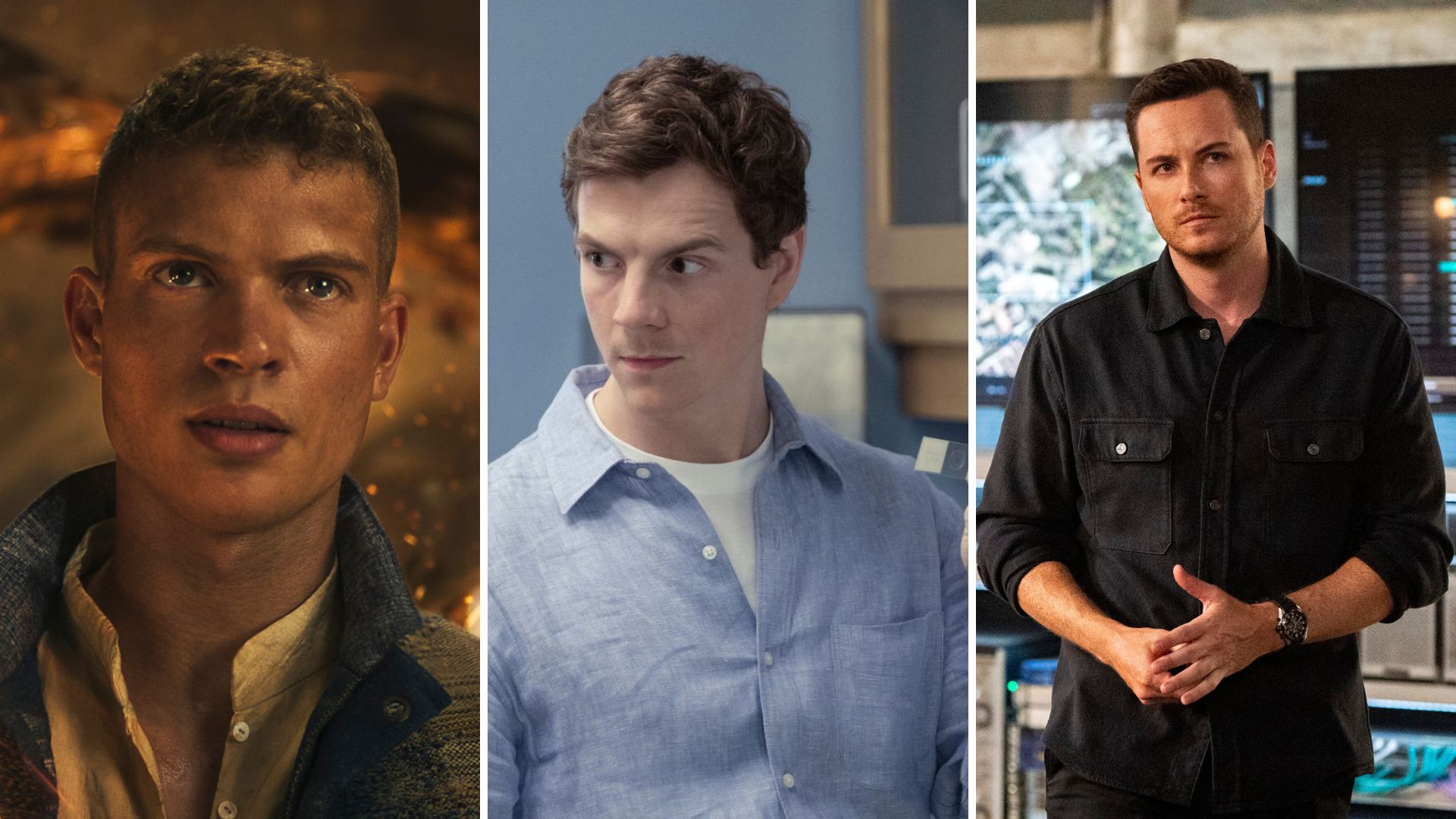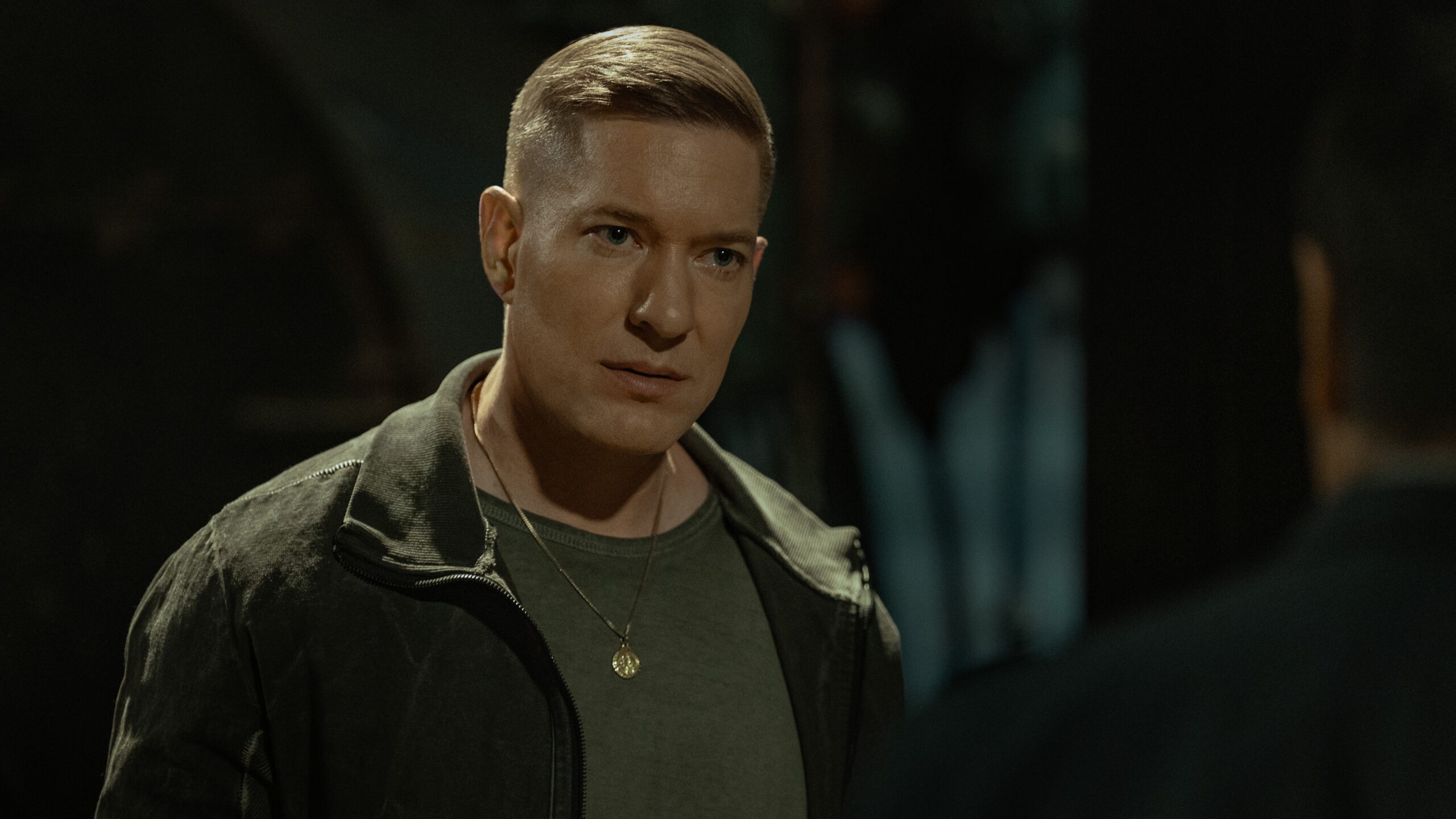Emily Haines of Metric has spoken to NME about the second half of their ‘Formentera’ project, their recent US tour with Noel Gallagher’s High Flying Birds and how she tackled her “toxic positivity”.
The nine-track ‘Formentera II’, released last week, was largely written and recorded at the same time as last year’s ‘Formentera’ album and completed at Motorbass Studios in Paris earlier this year. To mark the release, Haines and Metric guitarist Jimmy Shaw recently played a series of acoustic shows in the UK, following on from a run of US and Canada dates celebrating the 20th anniversary of their debut album ‘Old World Underground, Where Are You Now?’
Haines caught up with NME just after their London gig, which she described as “a full 10 out of 10”
“We sit down at a piano with a guitar, and I’d already planned the setlist that people will maybe sing along on the last few songs of the whole show,” she said. “Instead, from the very beginning of the show, it was like a choir and everyone was good. They were singing every word. For the whole night, everyone just sang.
“It was so hot in there! It reminded me of the early days when we were touring the UK with Test Icicles and DFA 1979 in the indie sleaze era and Dev [Hynes] crowd-surfing in an Academy property. It was kind of like the punk rock sweatiness but quiet and with a choir, it was surreal.”
The dates came after Metric’s US tour with Noel Gallagher and Garbage. “We had a great time,” said Hynes. “Everyone was lovely. Obviously Noel’s so famous but it’s different in the US and he was incredibly down to earth and approachable with us, which was such a relief. It’s so great when people are human.”
NME caught up with Haines on the phone to discuss their latest double project, life away from the internet and “toxic positivity”.
NME: Hello Emily. How does ‘Formentura II’ relate to the first half?
Haines: “The 18 songs were all created in the same moment, which was 2020 to 2023. And we found ourselves stepping back in 2022, looking at this body of work and trying to establish the best way to release it. It didn’t feel like the right thing to do to release it all at once and it also didn’t feel like much fun to tell everyone that there was another one coming. So we opted for the surprise of announcing it on the one-year anniversary of the first album. Then we actually got to finish ‘Formentera II’ at Motorbass in Paris – which was a bit of an aesthetic victory because we’d been so locked down that whole time, it felt like.
“It was really great to then go to Motorbass which was where so many of these albums that we love, particularly Air and Sebastian Tellier that we had been listening to [were recorded]. With the whole concept of ‘Formentera’, both albums, being this sonic escape because we couldn’t go anywhere, it was really nice to actually go somewhere. Did you ever see Terry Gilliam’s movie Brazil? Even the font is like Brazil. In that film, in his mind he goes to this place – it’s Brazil, but it’s not Brazil. It’s the idea that whatever fantasy paradise that some people might be able to inhabit, for a lot of us it’s got to be something you construct in your mind or construct sonically in this case. The closest you’re gonna get to an island is when you close your eyes and go in your headphones and away you go.”

Were you looking to discern between the two halves? The first part seems ravier, for example.
“Honestly, I can’t tell you the logic. It was just all of us in very intensive whiteboard sessions trying every permutation like we’re trying to crack the code of the universe of how these songs relate to each other on each album but then relate back. To me ‘Descendents’ is connected back to ‘Doomscroller’ in the intense electronic sonic part of that. The concept is just the idea that we tried to make something ideally powerful and compelling enough that you could go in, close your eyes and go off into it, the same way you might physically go off to a place.”
Is ‘Suckers’ about life on the internet?
“If anything, it’s the fact that there is no differentiation anymore for most of us between internet and life. Before the pandemic, there was still a bit of a sense of, ‘There’s the world and then there’s the online world’. Then the last veil fell and now to me there’s no difference. It’s one thing. You can be so isolated and feeling like you’re engaged in all these things, but ultimately everything is just a representation. The heat is not the sun. The sun is the sun. Everything is a symbol of something, as opposed to having your own physical experience of something that maybe you don’t report to anyone and you just feel it’s the actual thing, not the photo of the thing or the reference to the thing.”
‘Who Would You Be For Me’ – a New York romance song – sounds like a true story”
“It’s like in fiction when you get layered composites of things. I wrote that song and in 2019, when I couldn’t figure out where the fuck to live. It’s like, ‘Maybe I’m going back to New York, maybe I’m going back to LA’. I ended up going back to LA. But Tompkins Square Park [in New York] is an anchor for me. So much of my life has been in those blocks and I did work in a café and I did have attitude. Everything in there is from experience of my life but it’s a composite of people and places.”
‘Detour Up’ could be about a breakdown waylaying your life…
“Or more like when you have a little bit of the best-laid-plans concepts that to our credit, we try, and we should try to control and map it all out. But from personal experience, the things that have happened in my life that I never could have scripted or created or controlled or orchestrated, have often led me to the most incredible places. So it’s definitely a bit light-hearted. Everyone I know says it’s a constant, grapple with anxiety – how to find that sweet spot of control and responsibility and also letting anything happen to you ever again. It’s the idea of having your own experience and maybe it’ll take you somewhere you didn’t expect.”
Finding the positive in life tripping you up, then?
“Yeah, exactly. Although I do feel like it’s a tricky thing, not spinning everything. I did get in trouble with that with my band, because I would have this automatic response when something would happened that was not what we wanted, which was all the time. I would instinctively be like, ‘But that’s so great because…’.
“I’ve since I read that book Toxic Positivity. It’s such an interesting concept, because it’s coming from a good place. I’m just trying to make it that we’re always keeping on, we’re not stuck. But at some point Jimmy was like, ‘You gotta let something be bad. There are times when something’s just bad’. So I am cautious of that. I think it’s a really good point. An example in that book is like, someone loses their job, they’re fired, and they’re really upset, and the first thing you say is, ‘But you’ll have so much free time!’. That’s toxic positivity. Where you want to say is, ‘That fucking sucks’. That’s what they need to hear. Not like, ‘Oh my god, that’s so great for you!’”

‘Just The Once’ could be an addiction song…
“Yeah, but it could be someone with a cookie jar. Being a lyricist I enjoy the turns of phrase, the difference between ‘just the once’ and ‘once in a while’. Huge difference.”
What have you found yourself starting to do ‘once in a while’?
“Pass. I call it regret disco, which I think could be its own genre. But I do like the redemption in the last verse of like, ‘look at me, I’m free. You’ll survive. It’s OK’.”
‘Descendants’ appears to concern the mindset of modern dating?
“If this was an in-person interview, this is probably where I’d nod.”
What’s next for Metric?
“We’re gonna wrap this with Paris and Berlin but then it’s only a couple of weeks until we had to Latin America, taking us to the end of the year. We’ve done this big retrospective of ‘Old World…’ and felt this 20 years span of what we’ve done and finally to have ‘Formentera’ in its entire 18 song glory in the world, I think I’m gonna take a little breather and see what I want to do next.”
‘Formentera II’ by Metric is out now.








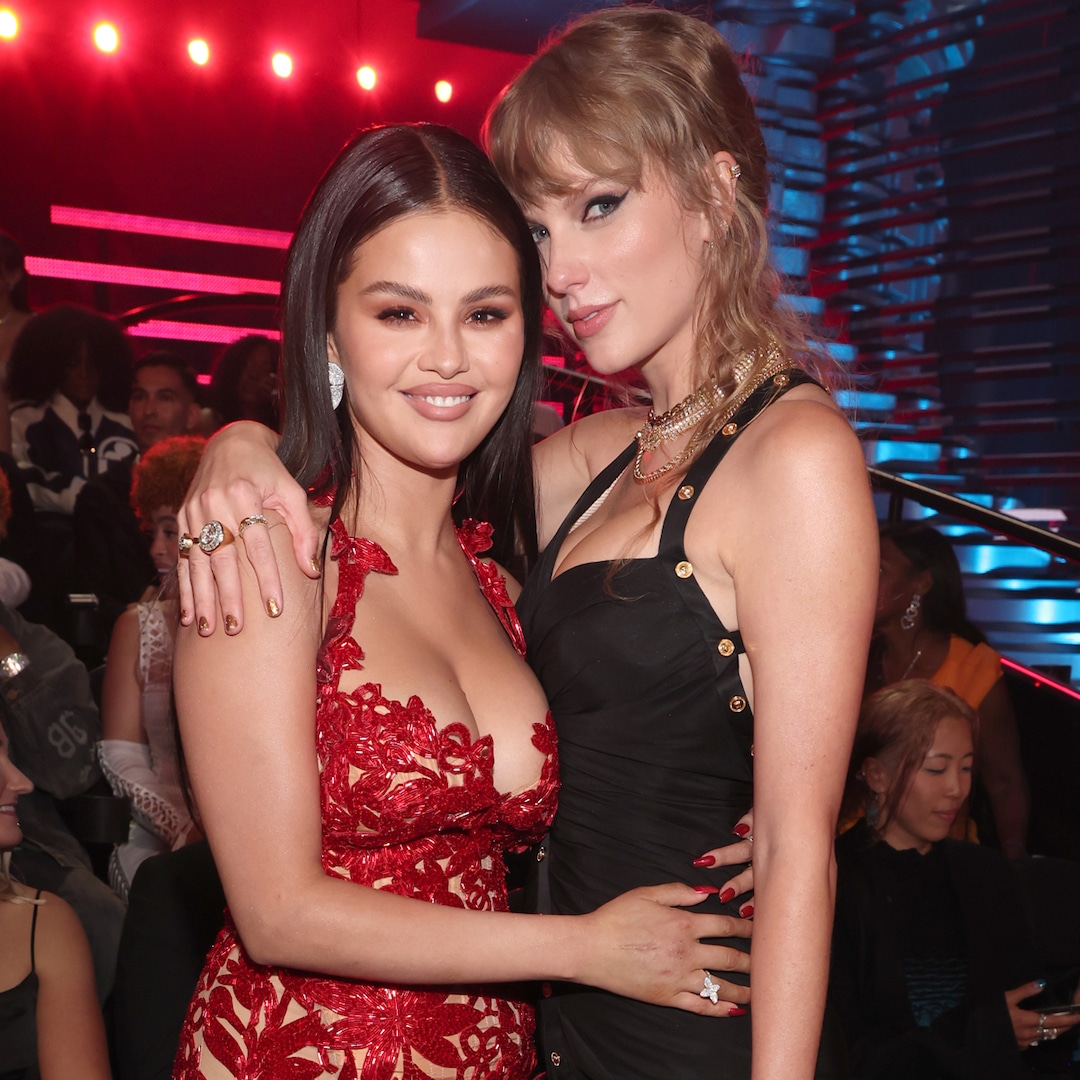

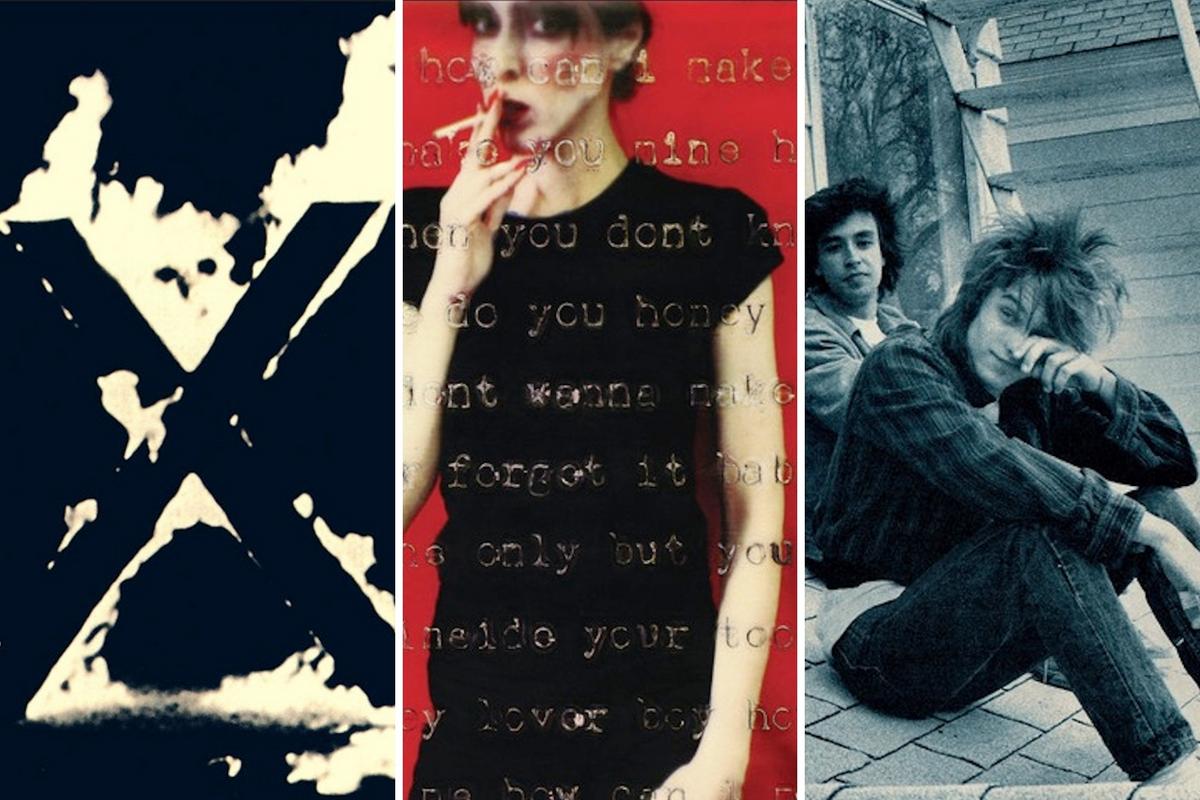


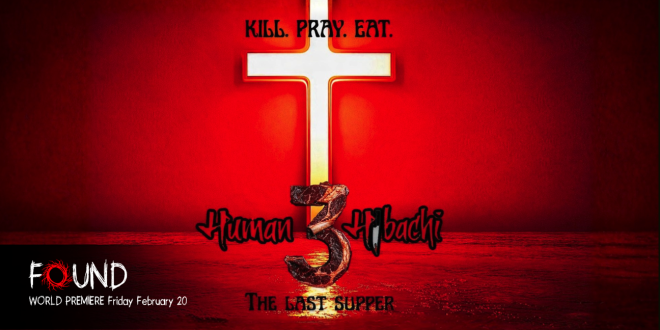
:quality(85):upscale()/2026/01/02/072/n/1922564/79d389f869586660c6ef52.99623592_.jpg)
